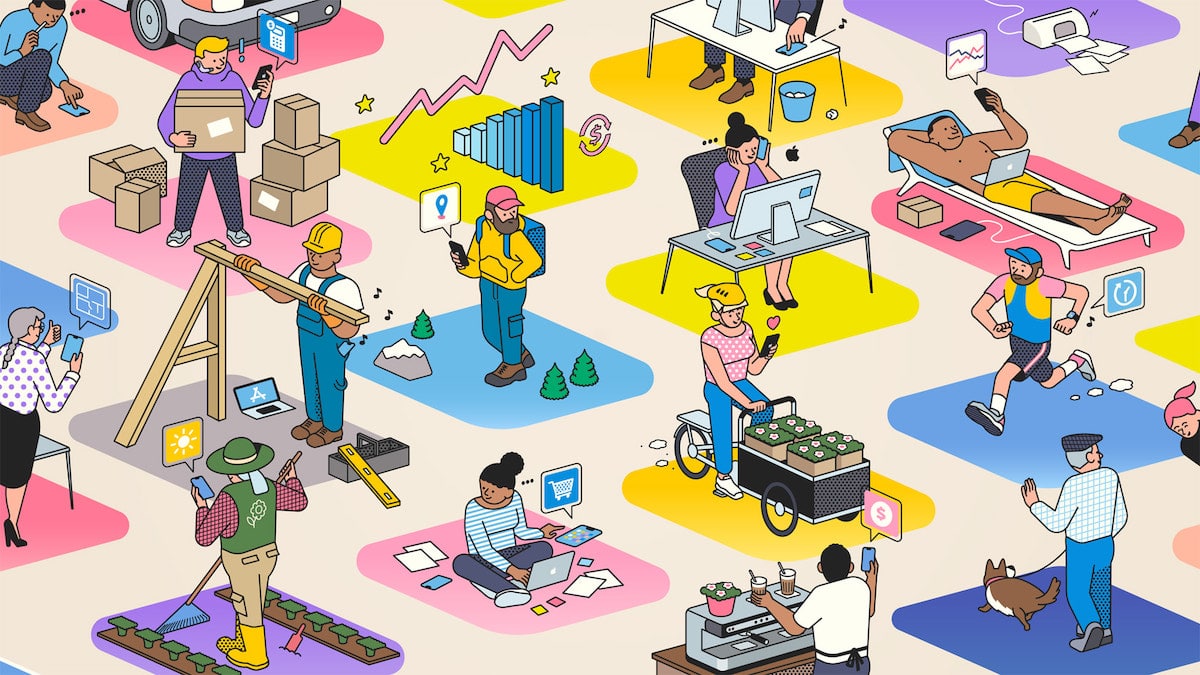Apple is removing apps that offer generative AI (artificial intelligence) services from China App Store. In emails sent to affected developers, the tech giant stated that under the new law, deep synthesis technologies (DST) and generative AI services were illegal in the country and they required a license from the Ministry of Industry and Information to operate.
China’s new law that regulates generative AI services, including API providers will go into effect on August 15, and ahead of its implementation, Apple has removed over 100 generative AI-powered apps from its App Store in the country.

Apple says developers need a license to offer generative AI services on App Store in China
In an email sent to OpenCat, a native ChatGPT client, Apple stated that the content of its app was illegal in China and that they required a license to operate the services. Tech Crunch shared:
“As you may know, the government has been tightening regulations associated with deep synthesis technologies (DST) and generative AI services, including ChatGPT. DST must fulfill permitting requirements to operate in China, including securing a license from the Ministry of Industry and Information Technology (MIIT),” Apple said to OpenCat. “Based on our review, your app is associated with ChatGPT, which does not have requisite permits to operate in China.”

Apple is often accused by human rights advocates and activists of complying with the policies of the Chinese government. Previously, the tech company pulled several apps from its App Store at the government’s request like the Damus app by Nostr at the request of the Cyberspace Administration of China (CAC), a religious ‘Quran Majeed’ app with a million users, and 39,000 video games in 2021.
However, the company states that it abides by the laws of the country it operates in and if the government deems that certain apps offer illegal content, it removes them.
As popular as generative AI has become, it does raise security and privacy concerns. It can show inappropriate content to underage users, give abusive or biased responses and even share misinformation called hallucinations.